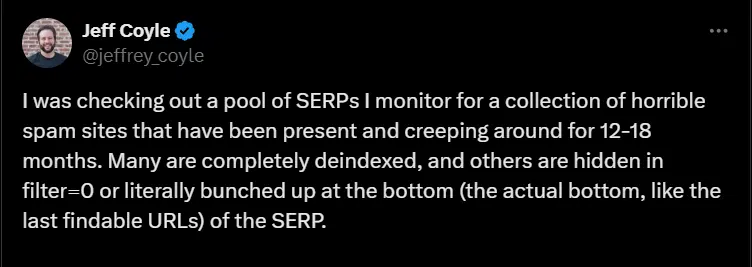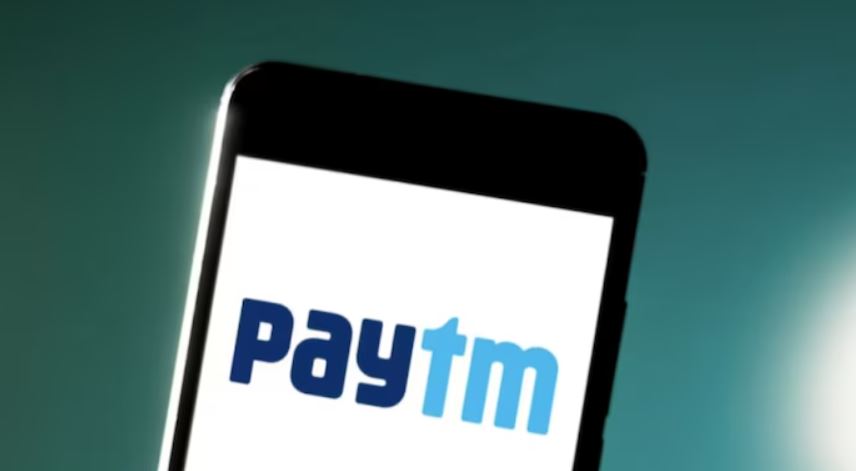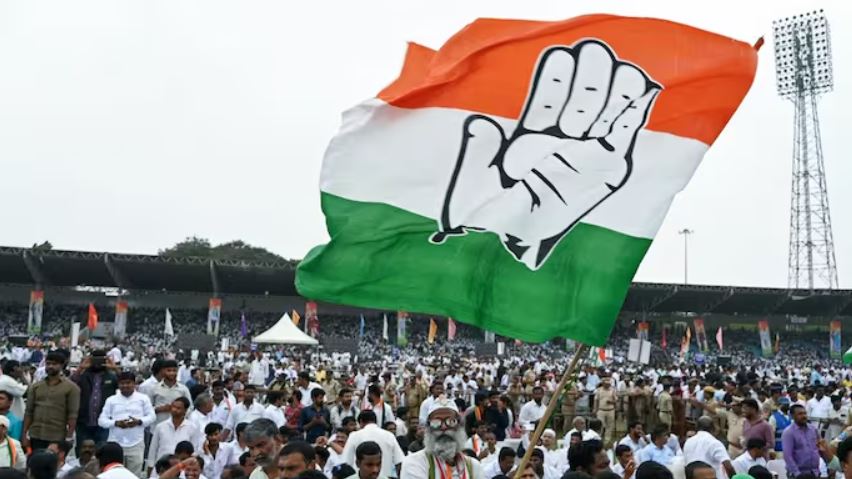Dell had a hybrid work culture long before Covid struck. They have had the rule for over a decade. However, now the company is implementing strict return-to-office (RTO) policies.

In Short
- Dell announces that remote workers will not be considered for promotions
- The company is implementing strict return-to-office (RTO) policies, a departure from its previous hybrid work culture.
- The decision has sparked controversy and discontent among Dell employees.
Dell, the popular laptop brand, has stirred controversy with its recent announcement regarding promotions for remote workers. In a memo, Dell informed its remote workers that they can continue working from home but they will not be considered for promotions. Notably, Dell had a hybrid work culture long before Covid struck. They have had the rule for over a decade. However, now the company is implementing strict return-to-office (RTO) policies, which is a clear departure from its previous stance.
In a memo circulated in February, accessed by Business Insider, Dell informed its employees of a return-to-office mandate, categorizing them as either “hybrid” or “remote” workers. While hybrid employees are required to spend a minimum of three days a week in an approved office, fully remote workers face significant limitations. According to internal documents obtained by Business Insider, remote workers will not be considered for promotion or be allowed to change roles within the company.
“Dell cared about the work, not the location. I would say 10% to 15% of every team was remote, “ a senior employee at Dell told the publication.Dell’s new rule has made a lot of Dell workers upset. One person who didn’t want to be named said, “Everyone at the company is talking about how much they don’t like it.” Some people are worried they won’t be able to move up in their jobs or have the same flexibility they had before, especially if they’ve been working from home for a long time.
“For remote team members, it is important to understand the trade-offs: Career advancement, including applying to new roles in the company, will require a team member to reclassify as hybrid onsite, “ the memo said.
This is a big change for Dell because the boss, Michael Dell, used to be all for people working from home. He said it was great and that it would keep happening. He even said other companies that forced people to come back to the office were doing it wrong.
But now Dell is saying it’s important for people to be in the office to come up with new ideas and make the company better. Even though lots of workers aren’t happy about it, Dell is sticking with the new rule.
This change is making people think about how work is changing, especially in the tech world where working from home has become really common. Dell’s decision to stop giving promotions to people who work remotely might mean other companies will start doing the same thing.We’ll have to wait and see what happens next at Dell. Right now, they haven’t said anything else about it.
This article was originally published on India Today.
Also Read: Mamata Banerjee’s head injury: Doctor Clarifies His ‘push from behind’ Statement!

















